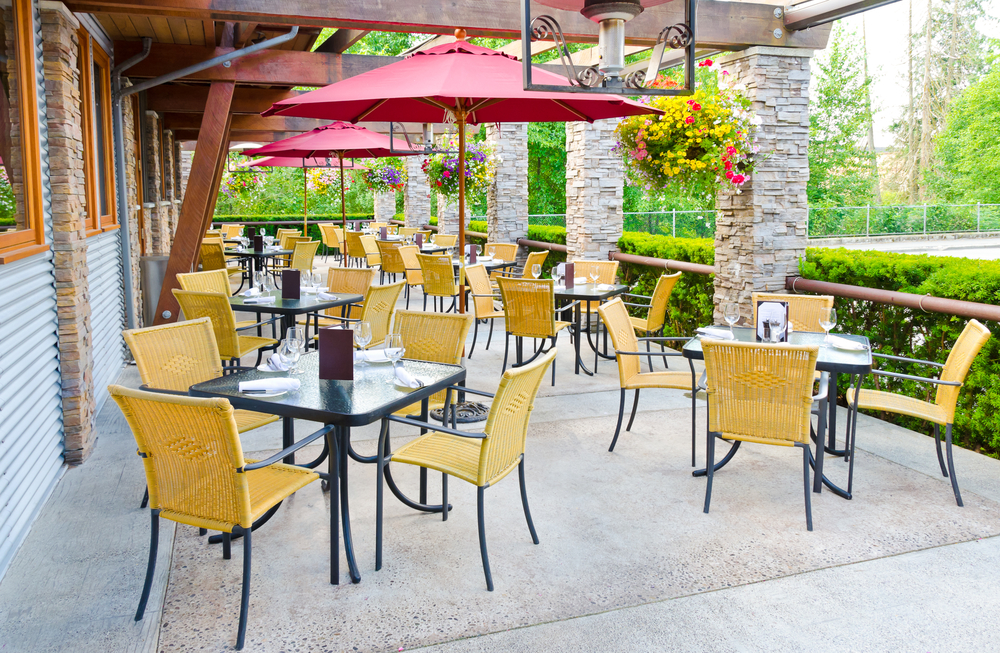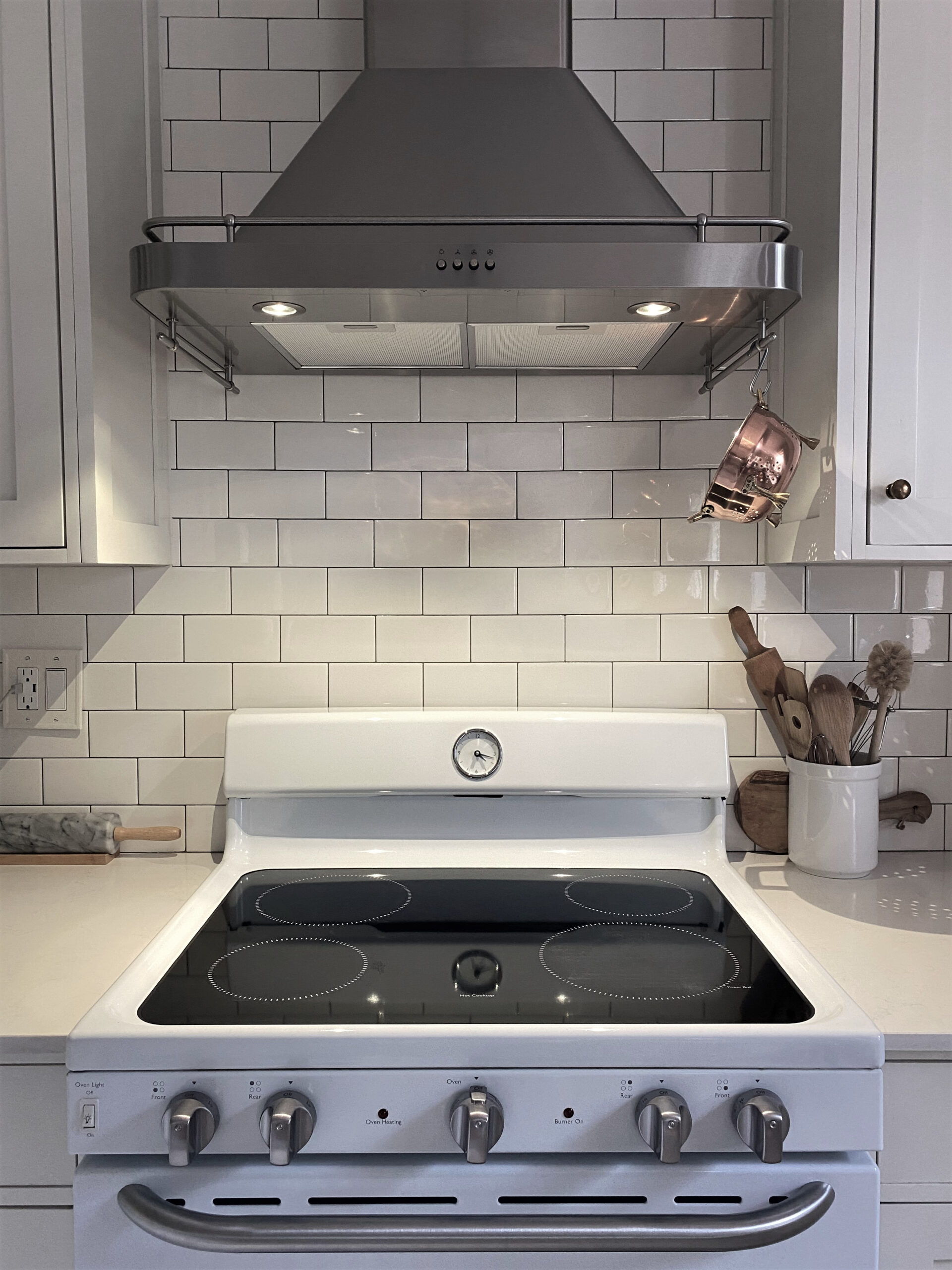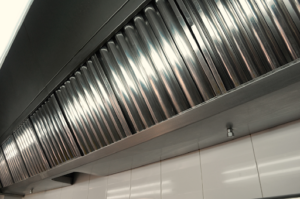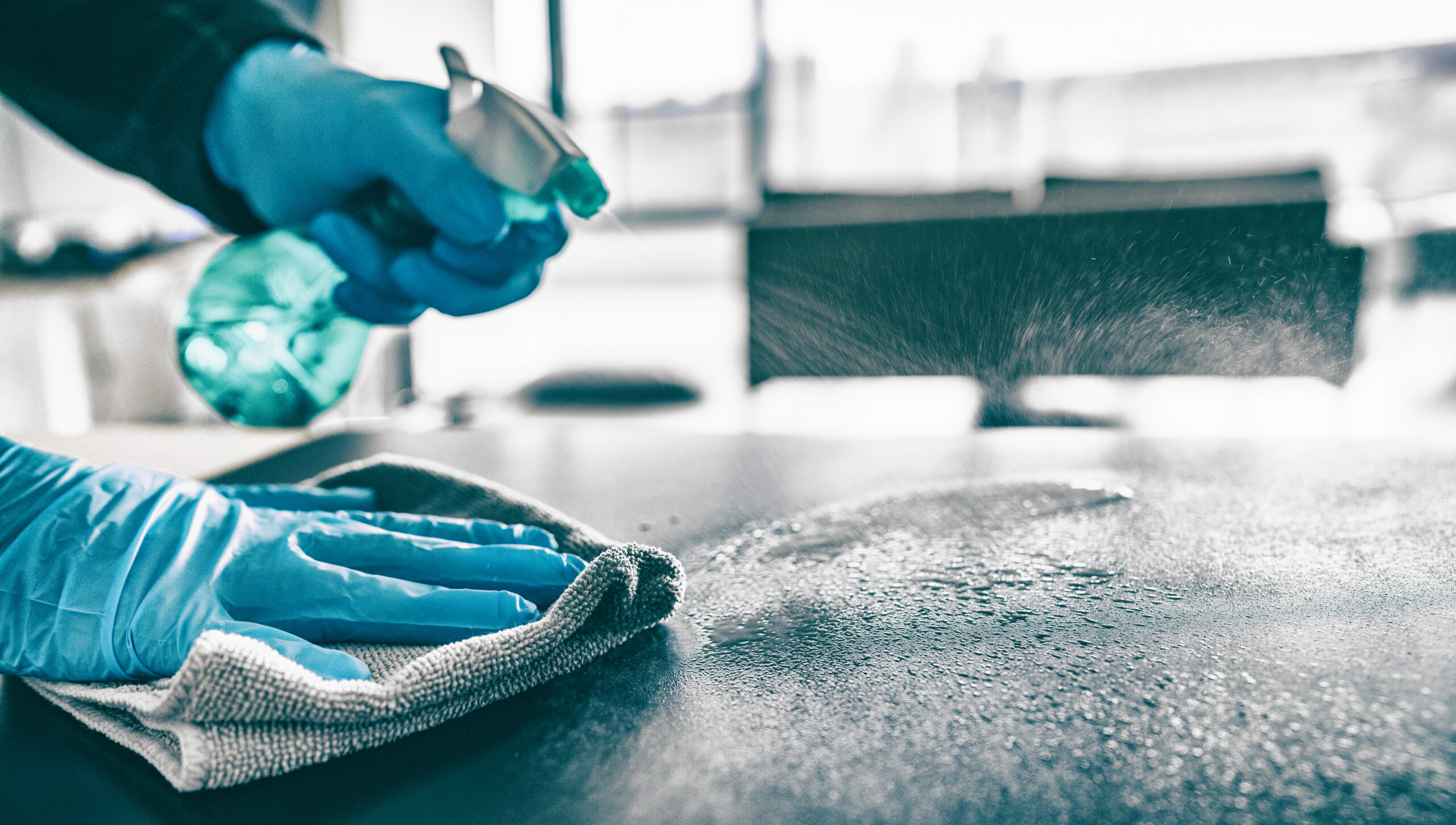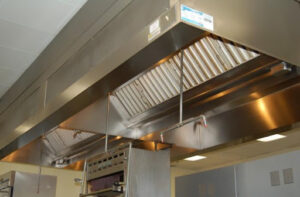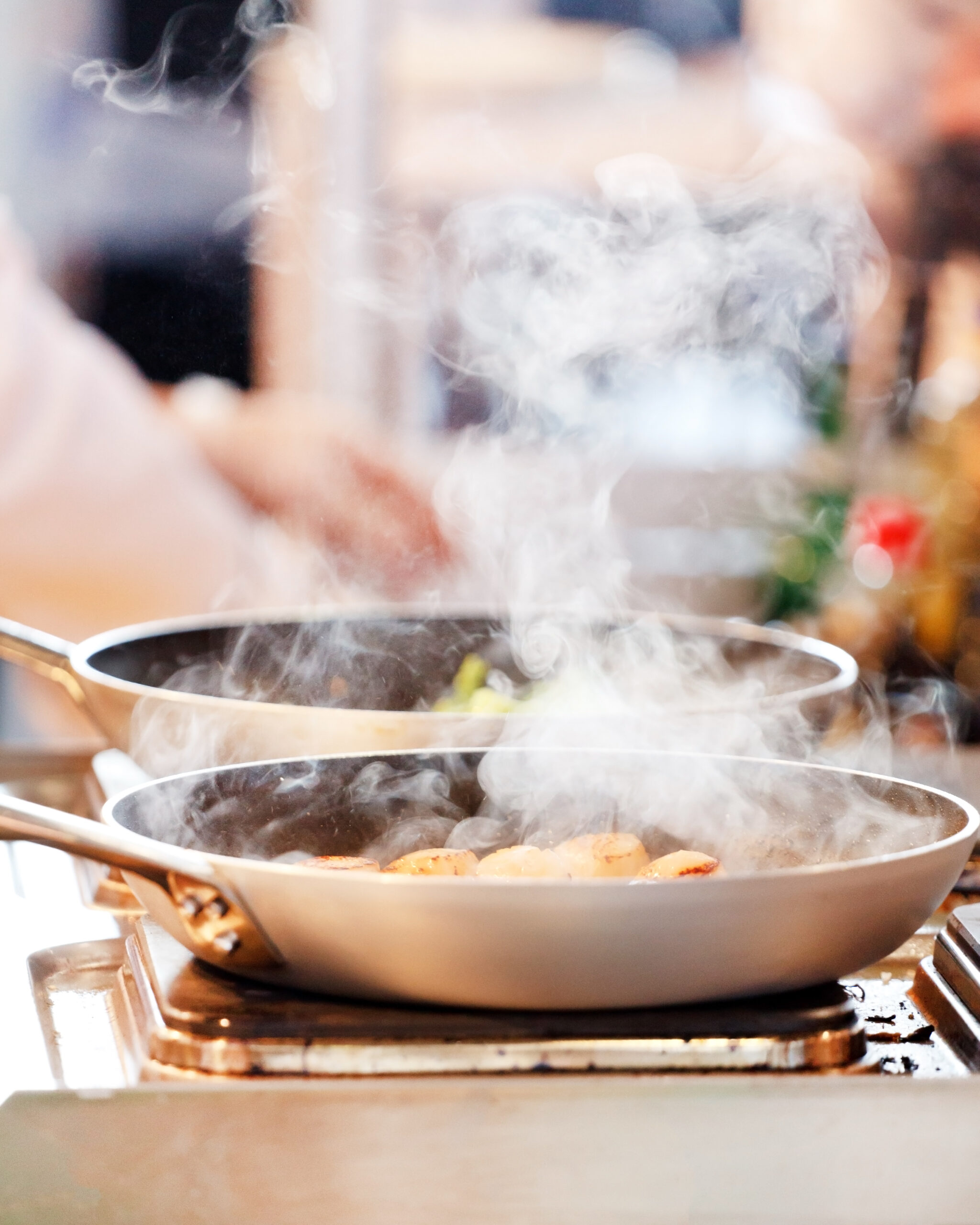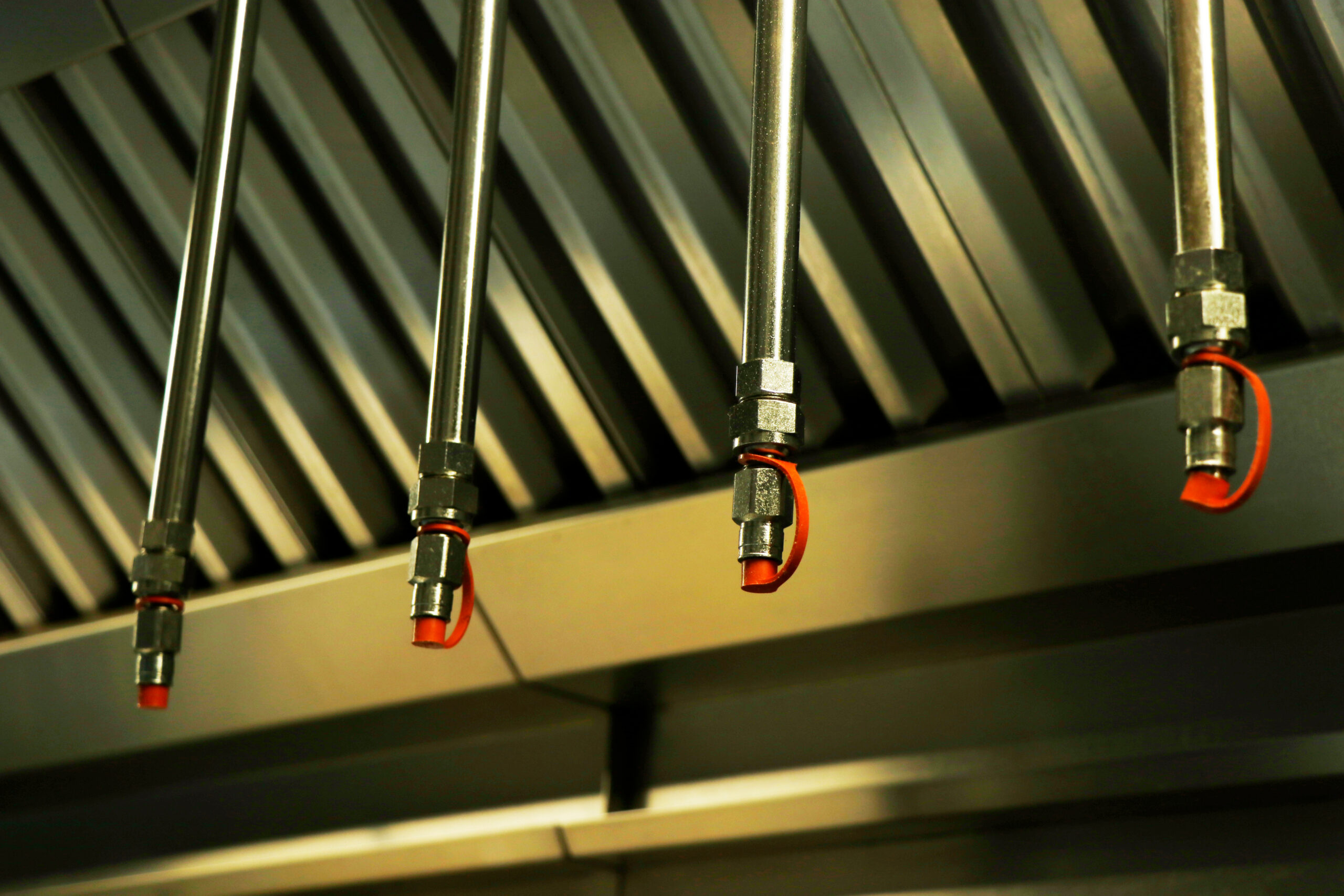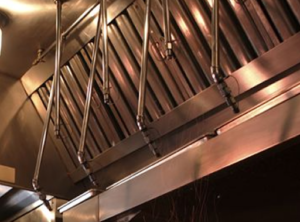Executive Search to Begin for Successor
SOUTHBOROUGH, MA (January 8, 2026) – Hospitality Insurance Group today announced that President and Chief Executive Officer Richard E. Welch, Jr. will retire in 2026, following a distinguished career spanning more than four decades in the insurance industry. Welch has led the company since 2018, guiding it through a period of significant transformation, modernization, and renewed financial strength.
Hospitality Insurance Group has established itself as a leading insurance provider for restaurants, bars, social clubs, and related businesses in the hospitality sector across the Eastern U.S. Over the next 5 to 10 years, Hospitality aims to continue growing within its current niche, expand into new states, diversify into other markets, and offer top-tier education on loss prevention, loss mitigation, and alcohol awareness.
During his tenure, Welch steered the organization through numerous business challenges while returning the company to profitability. He led the implementation of a new core system, modernized underwriting and pricing disciplines, strengthened regulatory relationships, expanded the product portfolio—including a Businessowners Policy and a specialized brewery product—and oversaw a reorganization into a mutual holding company structure, supported by a successful preferred stock offering.
Under Welch’s leadership, Hospitality Insurance Group achieved a 41-point improvement in loss ratio and grew revenues by 123% in the four years following the pandemic. His collaborative leadership style, strategic discipline, and commitment to operational excellence have been widely recognized across the industry.
“Dick has been a transformative leader for Hospitality Insurance Group, helping us grow from a niche carrier to a regional specialized mutual company. By increasing our profitability while implementing successful loss prevention programs, his legacy will have a lasting impact on Hospitality Group,” said Richard Brewer, Chairman of the Board of Directors, Hospitality Insurance Group. “The best way we can honor the work Dick has contributed to our company is to find a successor who will build upon his success.”
“It has been a privilege to lead this organization and to work alongside such talented and dedicated people,” said Welch. “Together, we built a stronger, more resilient company—one that is well-positioned for long-term success. I look forward to supporting a smooth transition and watching the next generation of leadership continue this positive momentum.”
Before joining Hospitality Insurance Group, Welch, a Columbia University graduate with a BA in Economics, held senior executive positions at The Concord Group and Travelers, including serving as President & CEO of The Premier Insurance Company of Massachusetts. Throughout his career, he has gained a reputation for leading high-performance teams, executing effective turnaround strategies, improving product competitiveness, and achieving sustained profitability.
Executive Search for Successor
The Board of Directors will initiate a formal search process to identify the next CEO. The ideal candidate will be a strategic and forward-thinking leader with deep experience in property and casualty insurance, strong operational and financial acumen, and a demonstrated ability to drive profitable growth. Experience in specialty commercial lines and distribution partnerships is strongly preferred.
About Hospitality Insurance Group
Hospitality Insurance Group, headquartered in Southborough, MA, provides commercial property, general liability, liquor liability and excess policies to owners of establishments that serve or sell liquor, including bars, taverns, restaurants, social clubs and liquor stores, as well as caterers and other qualified businesses. Hospitality writes insurance in seven states, including Connecticut, Massachusetts, New Hampshire, North Carolina, Pennsylvania, Rhode Island and Vermont.
For more information about Hospitality Insurance Group, please contact John Houle at john@jhcom.net or call 401.831.6123.


